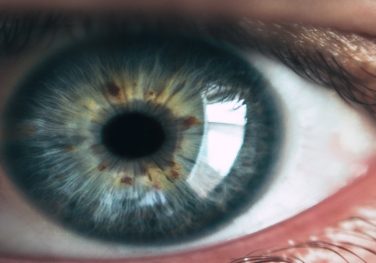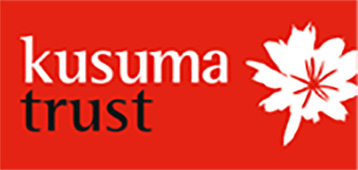Raise: West Hertfordshire Teaching Hospitals NHS Trust Charity
Faster, better treatment
When Mike (Link to an external site that Kusuma has no responsibility for the content) was rushed into A&E in Watford after passing out, it turned out he had a potentially fatal aneurism in his abdomen. Clinicians managed to save his life. But it was particularly challenging because of the quality of the scanner available.
The hospital trust started an appeal for a new interventional radiology “super” scanner to help treat more people like Mike. We’ve contributed £159,000 towards the scanner, which will be used to treat many life-threatening conditions including bleeding following major injury, and for innovative therapy to manage or cure cancer.
The new scanner will sit at the heart of a new suite at Watford General and will enable the hospital trust to become a centre of excellence for interventional radiology surgery.
- West Hertfordshire Teaching Hospitals NHS Trust serves a population of over half a million patients.
- The new scanner means around 1,400 patients per year can be treated with interventional radiology – double the current number.
- The project would also free up capacity in theatres (in the region of 200 procedures a year).
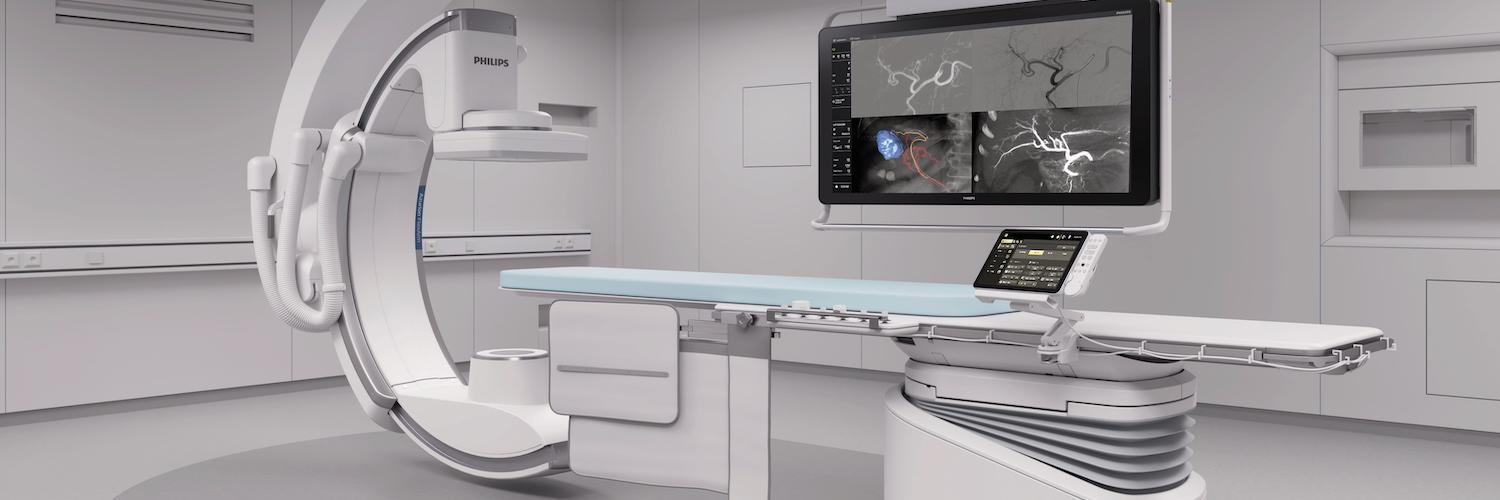
Beating the postcode lottery
Interventional radiology is less invasive than open surgery. It’s less painful too. Patients are likely to experience reduced blood loss and a lower risk of infection. Patients can be treated faster, experience fewer complications, and go home sooner.
Around 2,000 patients in the Watford area require interventional radiology treatment every year. Currently, only 750 of those can be treated locally. The rest have to be transferred up to 50 miles, when they are at their most vulnerable, to other hospitals in London or Cambridge. With the new scanner, the hospital aims to is double the current number of patients being treated with interventional radiology locally. It will also enable the clinical team to treat patients whose treatment has been delayed because of Covid-19.
“The new scanner is ideally suited to helping the interventional radiology team achieve the best outcomes for their patients at Watford General Hospital. It is state of the art, giving excellent imaging at low doses. With this system, they will be able to provide a full range of interventional radiology procedures from the treatment of emergency trauma and bleeding to state of the art cancer treatments.”
More Success Stories
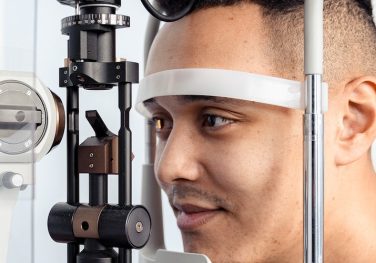
Kingston Hospital Charity
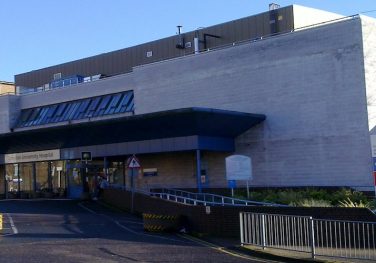
Croydon Health Services Charitable Fund
